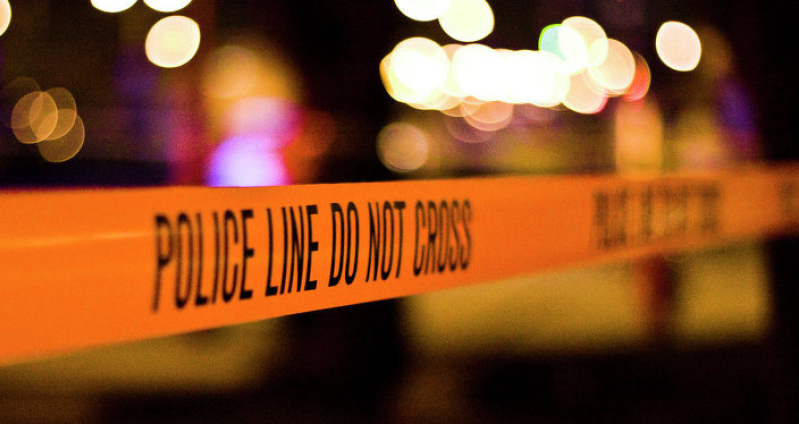
Americans with severe mental illness are 16 times more likely to be killed by police compare to other civilians, according to the latest findings from the Treatment Advocacy Center (TAC) study. The study revealed that a variety of federal policies has often left police as the only available choice to help mentally ill Americans, Reuters reported.
"People don't stop getting sick just because you don't have hospital beds for them, they have to go somewhere, so they go to the places that can't say no, " said John Snook, executive director of the Virginia-based advocacy group.
Communities with mentally sick people often call law enforcement authorities to help them and sort possible tragedies that happen. However, it sometimes leads to fatal results.
Estimates from TAC show that approximately 7.9 million Americans live with a severe mental illness, and half of them do not receive proper care and medication. This untreated population is more likely to be harmed in an engagement with law enforcement, Reuters report noted.
The study comes after the FBI and Department of Justice have announced plans to expand their efforts to gather enough information about fatal interactions between civilians and police.
The study cites psychiatric deinstitutionalization as a primary factor in increasing police brutality among mentally ill people. The problem stems from the process of emptying and closing psychiatric hospitals to build pharmaceutical establishments, according to The Guardian.
Furthermore, statistics shows that only 4 percent of American adults are severely mentally ill, but they make up 10 percent of calls for police assistance. Moreover, they occupy at least one in five prison and jail rooms, in other words, they are accounted for 20 percent of America's prison.
Records from The Guardian, the Washington Post and "True Crime" blog proved that roughly 25% of deadly police incidents involve mentally ill victims. As of now, there is no comprehensive report from the government regarding these police incidents.
"The startling statistic noting 16 times greater risk of a fatal encounter with law enforcement for people with mental illness was calculated using the 25% number," according to an investigation report from The Guardian. However, authors of the TAC study said these estimates are "very conservative."
The case of Matthew Ajibade might be considered as a good illustration for this type of vulnerability. Ajibade, 22, died after an altercation in a Georgia jail earlier this year. He had bipolar disorder. He was arrested after a domestic disturbance. After that, he was beaten and struck with a Taser several times by the police. Eventually, he died from blunt force trauma.







